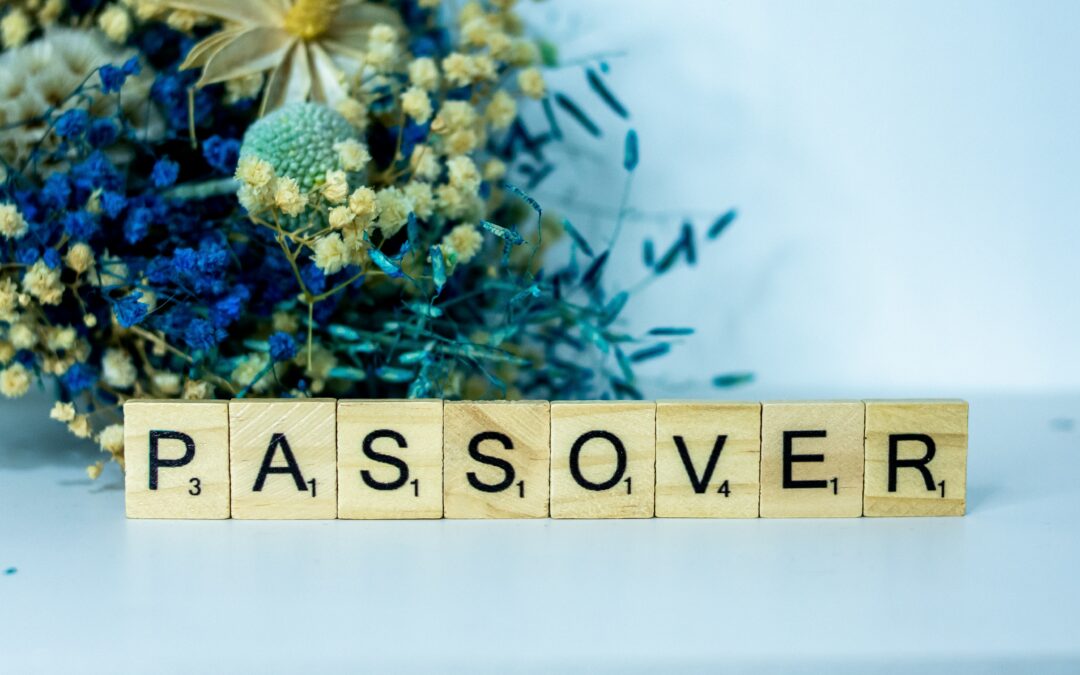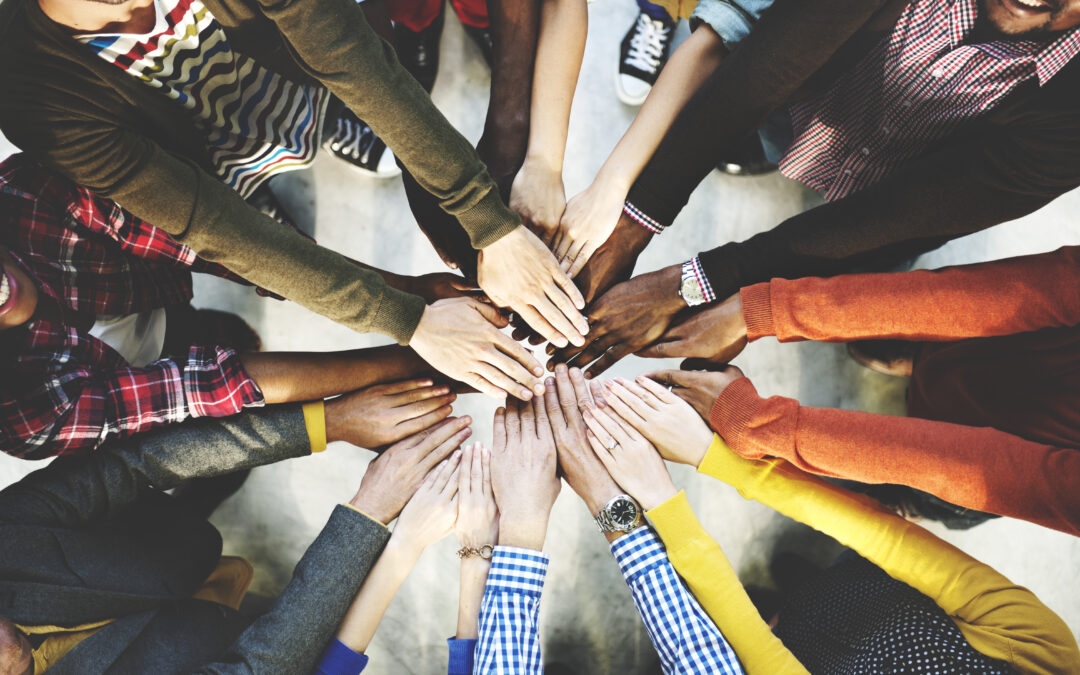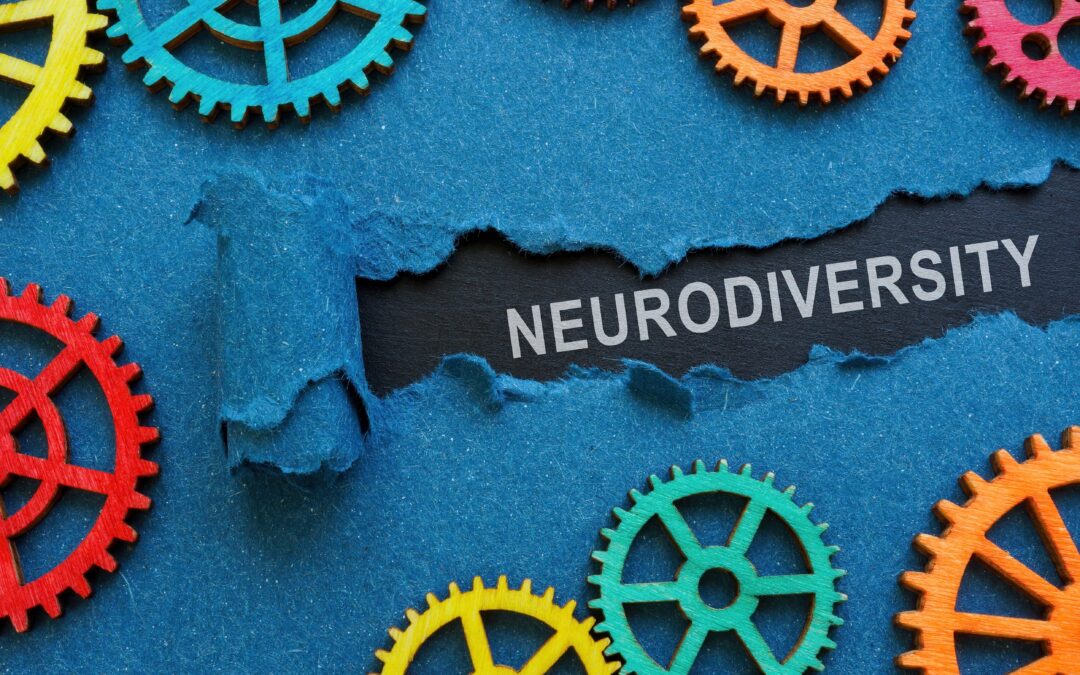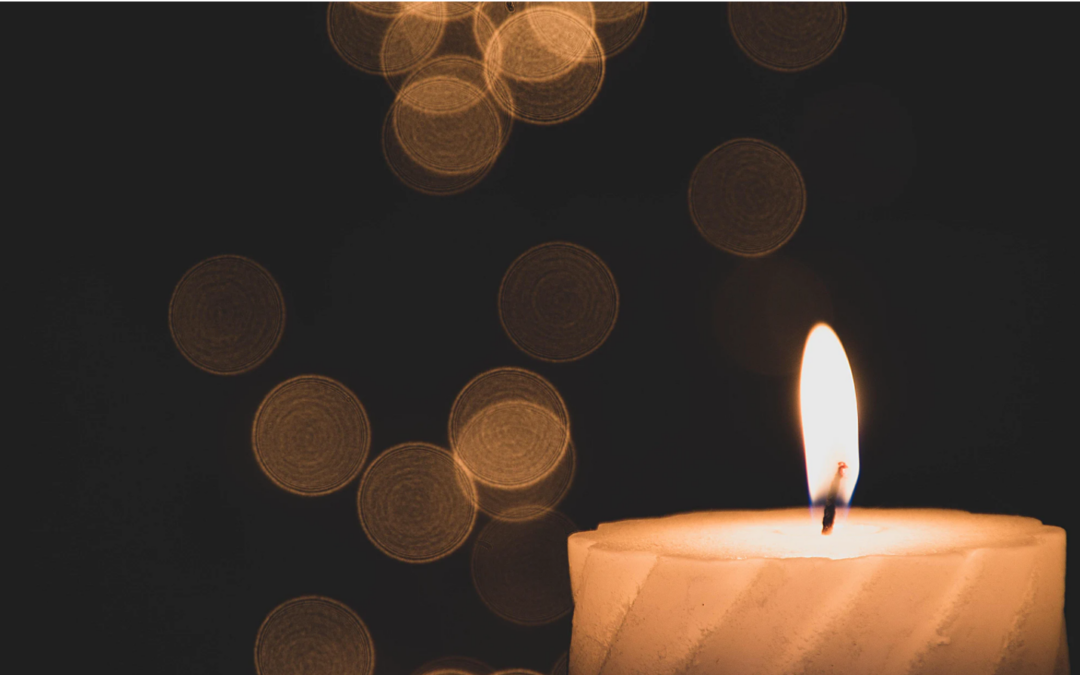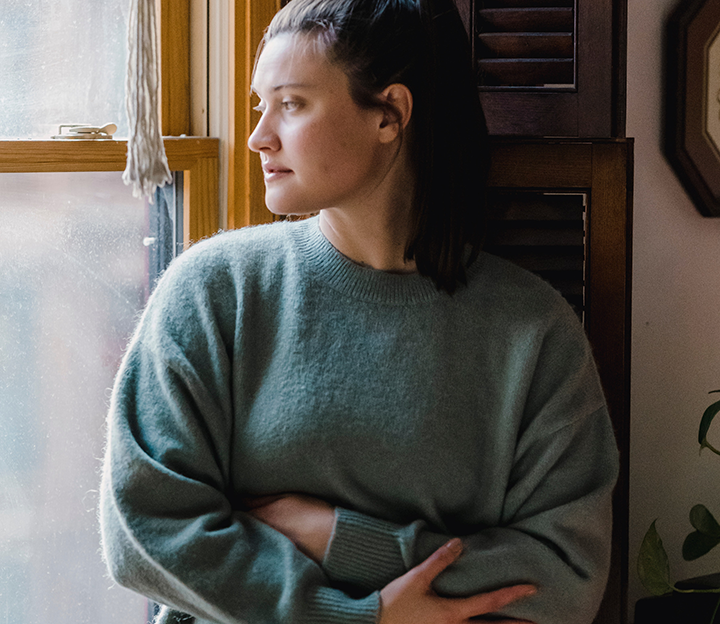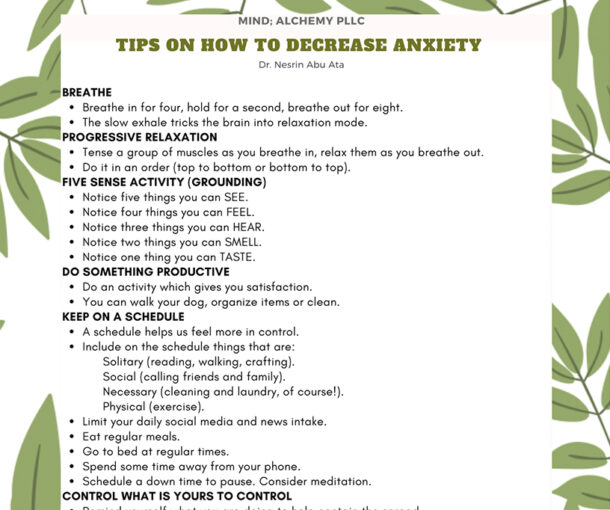QUESTION FROM A READER: How do I deal with the aftermath and continuation of the pandemic? I feel like I can’t go anywhere without having a mask on, and I get anxious when someone gets near me at the grocery store?
ANSWER: You are not alone in dealing with such questions and situations. Take a breath and remember to be kind to yourself. When you are in survival mode, whether it be fight, flight or freeze, your nervous system is no longer socially oriented . You may not feel connected to yourself, to others or to a higher purpose. As you emerge from the pandemic, your nervous system needs to recalibrate back into the socially engaged status.
How do you know you are there? By feeling that you are in your “element” again, feeling safe in your body, mind and spirit, and in relationships and community. This is where you will find it easy to connect to yourself and to others. You can start to live in a world full of possibilities, full of trust and willingness to take risk to grow and explore.
Certainly, the first step is acknowledging that each of us has been changed by the pandemic. Exactly how you changed may take some time to realize. But that is ok. We don’t need to know the answers right away, and each of us will live our unique way into our own unique answers.
Be gentle with yourself
Remember that as we emerge from the pandemic, we as a collective are having many “first-time-in-a-over-a-year experiences.” As a result, take time to reflect on your upcoming “first-time-ever-since-the-pandemic” event. Most importantly, don’t rush yourself through the event or the experience. Be gentle with yourself and check in with how your body feels. You may feel nothing in your body, or you may feel some tightness in your chest or difficulties breathing. Be gentle with yourself, and accept your experience as it is without judgement. Remember, there is no right way to emerge. The right way is in the making, as you go.

Meanwhile, many people have been out of touch with families and friends. They spent time at home searching for something to watch on TV, or to eat in the fridge. Many report a growth in the waistline as a side effect of the pandemic! While spending so much time alone at home felt like solitary confinement to some, the opposite is also true. Being crammed into a room with too many family members can be challenging. As a result, conflict, emotional, and physical altercations are likely to happen. Take stock of what your body feels when you are around family and friends now without judgement. It is ok to take breaks from being around family and friends. Pandemic social overwhelm is real!
Taking stock of what we missed during the pandemic
From a mental health perspective, anxiety and depression have increased since the pandemic: 2 in 5 adults are likely to have depression and anxiety. Others report their sleep worsening, or having brain fog. From a neuroscience perspective, executive functions such as planning, focusing and abstract thinking are impaired when the person is under stress. Because of this, you may find yourself sluggish or doubting yourself as you emerge from the pandemic. If you notice that your mood or sleep have changed, consult with a mental health provider.
Remember that the impact of the pandemic is also different for different people. Some people like the quiet of reading books, and others do not want to be stuck at home. As you take stock of your life, and reflect on what is normal and what is meaningful, you may want to ask yourself: what events, habits and relationships have I let go of during the pandemic? How do you feel about that? Are you happy and relieved that you didn’t have to do those things, and now get more stressed when you think about them? Or does it bring you joy again to think about doing them again?

One thing for sure is that we are not going to “go back to normal.” To be sure, normal will need to be redefined for each individual, family, community, and workplace. Whatever it is that you are going through won’t truly be over. Rather than looking for who you are now, consider approaching the emergence experience with an open mind and curiosity. Nobody knows the right way to do it. Be kind to yourself and others as we all navigate this new era.


